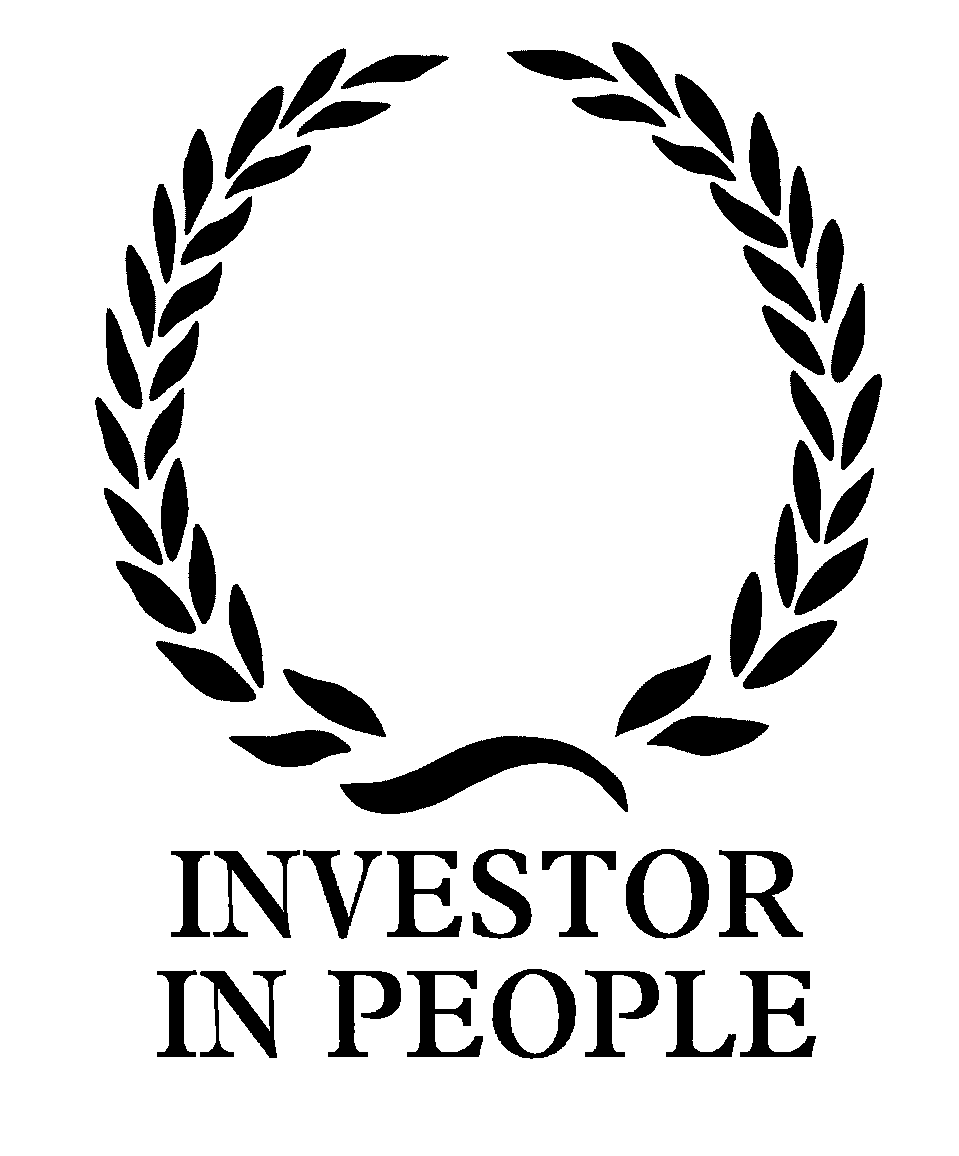






“The important thing in science is not so much to obtain new facts but to discover new ways of thinking about them." William Bragg
Intent
Our high-quality science curriculum at Etruscan Primary aims to enable our children to become curious thinkers who are engaged in the world around them. All pupils are taught essential aspects of the knowledge, methods, processes and uses of science. We are determined to provide a stimulating science curriculum that enables children to understand, explore and question the world around them and to find out why things happen in the way they do.
Implementation
At Etruscan we nurture the natural curiosity of every individual through teaching methods of enquiry and investigation to stimulate creative thought, scientific knowledge and vocabulary. Through inspiring and relevant lessons, children engage in practical experiences where they develop both the skills required to work as a scientist (disciplinary knowledge) and the scientific knowledge (substantive knowledge) to understand, share ideas and ask scientific questions to answers the many ‘wonders’ they may have. In EYFS, science is an integral part of the topic work covered during the year. Understanding the World ensures children develop early scientific ideas and processes through hands on activities, practical exploration and outdoor experiences. In Key Stage 3, children will develop a deeper understanding of a range of scientific ideas in the subject disciplines of biology, chemistry and physics.
Impact
Our pupils understand how Science can be used in many careers during our STEM weeks. Pupils have opportunities to link design technology, science and maths together through projects, investigations and visits to museums. Our pupils enjoy the hands on Science lessons and demonstrate their investigative skills.
Characteristics of a Scientist:
- An ability to think independently and raise questions about working scientifically and the knowledge and skills that it brings.
- Confidence and competence when planning and carrying out scientific investigations.
- Good scientific knowledge and understanding which is demonstrated in written and verbal explanations, solving challenging problems and reporting scientific findings.
- Having original imaginative ideas.
- The ability to undertake practical work in a variety of contexts, including fieldwork.
- An interest in science and its application in past, present and future technologies.
Applying Science within other subjects:
English:
- Debates, discussion of theories and hypotheses, written reports and presentation of results.
Maths:
- Accurate measurements and use of different measures.
- Analysing results.
- Data handling
PE:
- Circulatory system, muscular system, oral hygiene and the cardiovascular system.
Art
- Mixing colours and the spectrum of colours.
Geography
- Earth science such as the water cycle.
Inclusion:
Teachers set high expectations for every pupil. They plan challenging work to enable all pupils to make good progress regardless of their academic ability or background. We expect all children to make good progress albeit from different starting points.
STEM Week...
Here are a selection of activities from STEM week. We designed, carried out and evaluated experiments. Some of us went on visits to museums. Other year groups had scientist visitors come into school to show us experiments.














